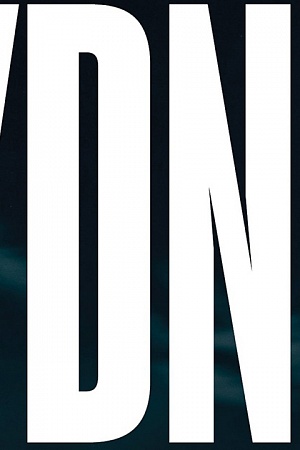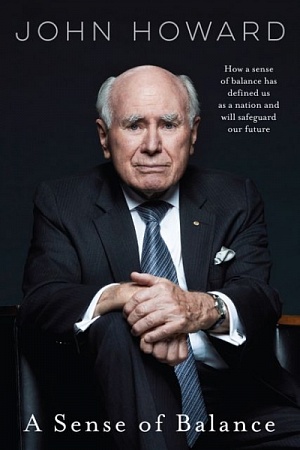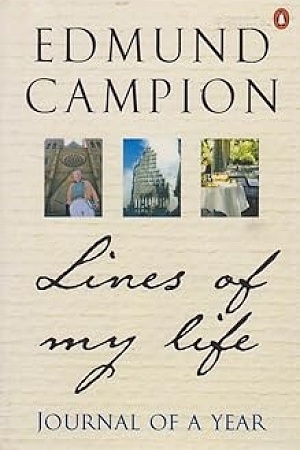Last Walk in Naryshkin Park
Spinifex Press, $24.95 pb, 252 pp
Witnessing
Holocaust denial comes in many guises. One is the comfortable belief that European nationals were ignorant of the slaughter of their fellow Jewish citizens, and would have been appalled had they known. Daniel Goldhagen’s Willing Executioners: Ordinary Germans and the Holocaust has been the most controversial challenge to this so far, but it is not alone. Abraham Biderman, survivor of Auschwitz, Buchenwald and Bergen-Belsen, whose memoir The World of My Past had difficulty finding a publisher here but went on to win awards, is reluctant to exaggerate about the Poles. Nevertheless he writes, ‘With hindsight, however, it seems to me that the majority of them were happy to see the Jews destroyed.’
Now in Rose Zwi’s sensitively written Last Walk in Naryshkin Park we have an examination of Lithuanian complicity. Naryshkin Park was a wooded space outside the small town of Zhager, a place where couples met, families went for walks, weddings were conducted, but today it is a mass grave. Three thousand Jewish men, women and children were massacred there in 1941, but it is only within the last decade that their Jewishness has been publicly acknowledged. Hitherto, they were merely ‘victims of fascism’. The Soviets were anti-Semites too.
Continue reading for only $10 per month. Subscribe and gain full access to Australian Book Review. Already a subscriber? Sign in. If you need assistance, feel free to contact us.









Leave a comment
If you are an ABR subscriber, you will need to sign in to post a comment.
If you have forgotten your sign in details, or if you receive an error message when trying to submit your comment, please email your comment (and the name of the article to which it relates) to ABR Comments. We will review your comment and, subject to approval, we will post it under your name.
Please note that all comments must be approved by ABR and comply with our Terms & Conditions.